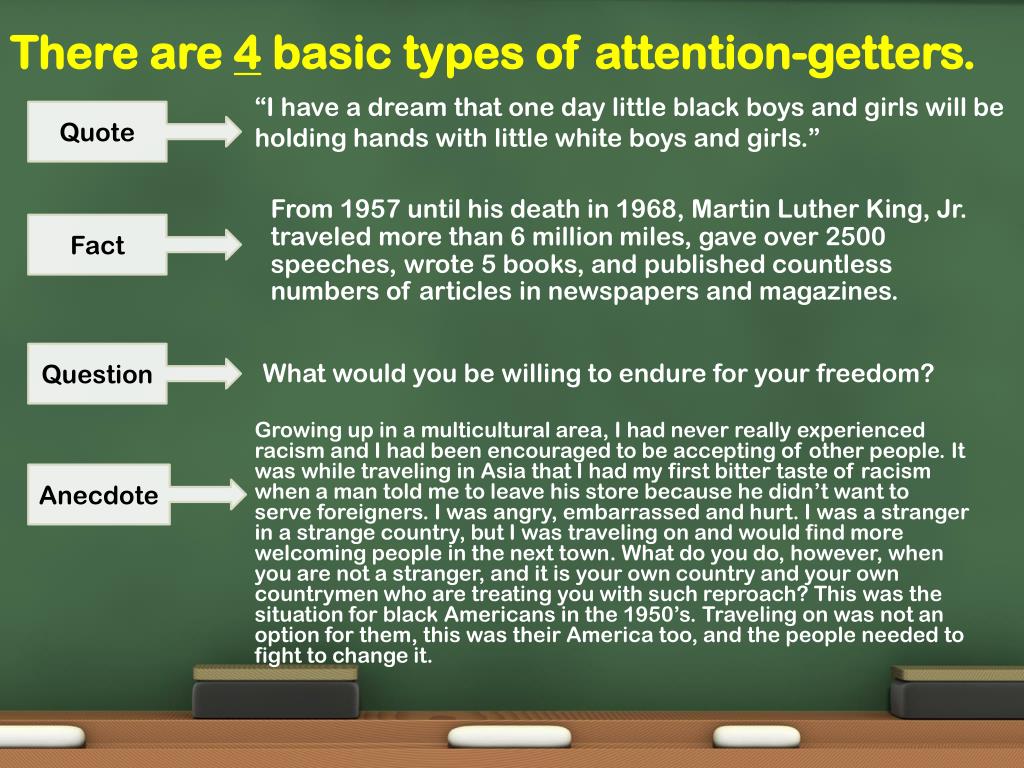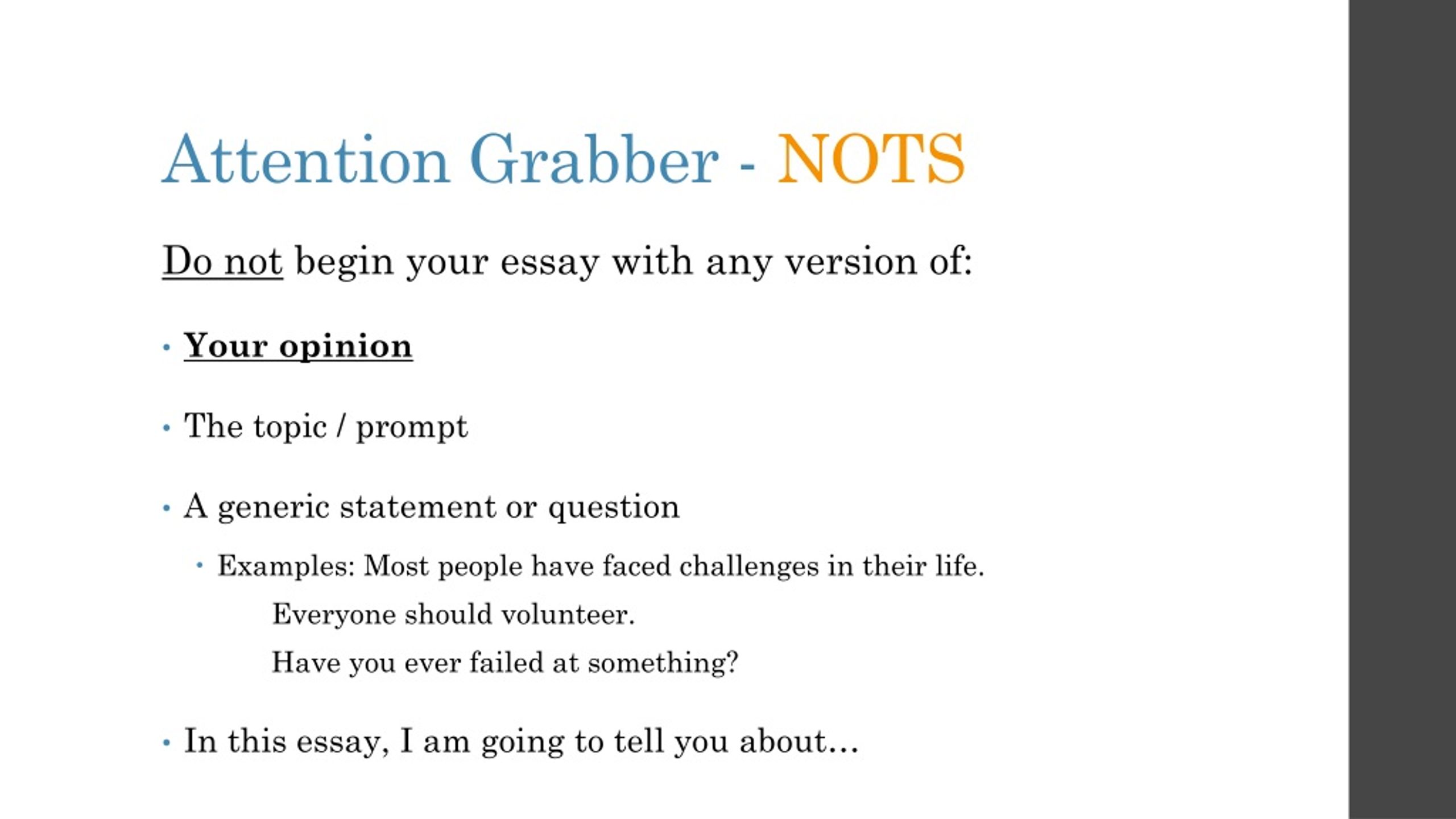
Finally, don’t forget to create a works cited page at the end of your speech and put all your sources there.

If it’s about medicine – embark upon texts on this specific sphere. If it’s about science, check scientific publications. As an example, use The New York Times, The Guardian, Harvard Business Review, SAJE journals, Forbes, etc.Īlso, keep in mind that the evidence you’ll use should depend on the subject of your talk. But be careful and don’t use sources from there if they are not credible and reputable. If these are hard to find for you, think of alternatives, like online journals and magazines. These include textbooks, books, and encyclopedias (online ones work as well), scholarly articles, reputable news bureaus, and government documents. To cite the evidence correctly, you can search for some facts, stats, or numbers in a variety of sources. This is a great chance to get a good mark, but more importantly, earn trust from listeners. Otherwise, your speech will depart from the topic, and listeners will find it challenging to follow your thoughts.Įvery scholarly work proves its credibility by the inclusion of relevant sources to show both the audience and the instructor that you’ve put enough effort into the work to sound authoritative. For this, consider talking about particular points which will cover the whole speech and help the audience quickly digest it. If you want to explain the history of some company, band or event, for example, make sure to deliver the message clearly, without going here and there. Either way, the point here is to conduct thorough research based on the given or chosen topic. However, there are also cases when professors assign a specific task for you.
#Attention grabber for speech examples free#
We’ve mentioned before that it’s vital to select the issue you feel free to talk about. The first and most crucial step is about choosing the right topic. But where do you start from?Īlthough there are many different processes involved in the process, we’ll narrow them to essentials to help you better grasp the idea of how a perfect speech should be tailored. So, now it’s time to move from theory to practice and write an informative speech.

Another important point worth noticing is that organizational requirements and type of information for informative speech usually intertwines with those for an informative essay, for the latter is often an extension of the first. In this case, however, you must make sure that the theme will be relatively easy to research and studied before speech delivery. Of course, you can speak about something you already know, but you can also talk about the topic which is absolutely new to you. Specifically, not all people are fully aware of the fact that the “what” question is a key element that needs to be answered, for with informative speeches, you want to choose a topic most likely to be well received. Sounds simple enough, but simplicity is deceptive, and there are enough secrets behind this science.

Without a "point" to make, your presentation will be "pointless." Pick some reason for your presentation, some message worth listening to - and that will lead to a natural attention-grabbing fact or story to lead with.As mentioned above, it’s a kind of speech that, well, informs the audience about your topic. The fact that you don't have a point to make, is why you are struggling to find an attention grabber to begin with. You have to have a reason for telling people these facts so that it is worth their effort to listen to you. People want to hear the facts add up to something, to have the presentation have a "point" to make. No one wants to listen to a recitation of dry, boring facts. or that contemporary nursing is much more complex and exciting than they may think it is, etc. that nursing offers good career opportunities. If I were in your situation, I would pick a "key message" to underlie that presentation - such as the fact that nursing school may be harder to get into than they think. I'm just giving information about nursing for my speech, such as what the educational requirements are, licensing requirements, and job outlook.


 0 kommentar(er)
0 kommentar(er)
